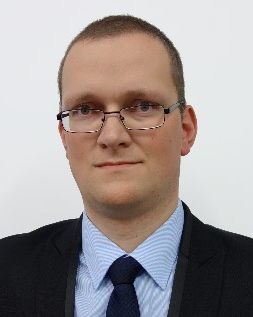 ©
©
Prof. Dr. Thomas Weise: "Automating Scientific Research in Optimization"
22. Okt.
Im Rahmen des Forschungskolloquiums Wirtschaftsinformatik und Data Science referiert Prof. Dr. Thomas Weise vom Institute of Applied Optimization an der Hefei University Hefei, Anhui, China über "Automating Scientific Research in Optimization".
Datum und Ort: 26. Oktober 2018 12.15 Uhr C6.316
Abstract:
In the fields of heuristic optimization and machine learning, experimentation is the way to assess the performance of an algorithm setup and the hardness of problems. Good experimentation is complicated. Most algorithms in the domain are anytime algorithms, meaning they can improve their approximation quality over time. This means that one algorithm may initially perform better than another one but converge to worse solutions in the end. Instead of single final results, the whole runtime behavior of algorithms needs to be compared (and runtime may be measured in multiple ways). We do not just want to know which algorithm performs best and which problem is the hardest ― a researcher wants to know why. We introduce a process which can 1) automatically model the progress of algorithm setups on different problem instances based on data collected in experiments, 2) use these models to discover clusters of algorithm (or problem instance) behaviors, and 3) propose reasons why a certain algorithm setup (or problem instance) belongs to a certain algorithm (or problem instance) behavior cluster. These high-level conclusions are presented in form of decision trees relating algorithm parameters (or instance features) to cluster ids. We emphasize the duality of analyzing algorithm setups and problem instances. Our process is implemented as open source software and tested in two case studies, on the Maximum Satisfiability Problem and the Traveling Salesman Problem.
